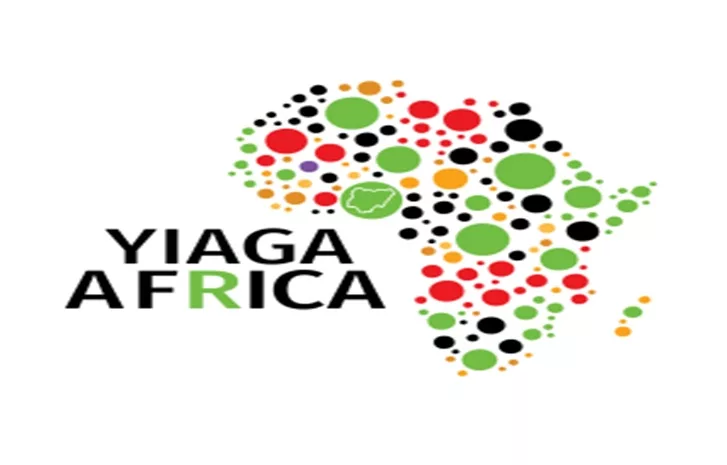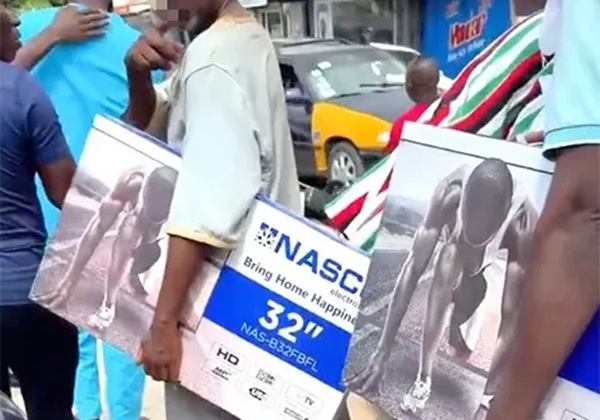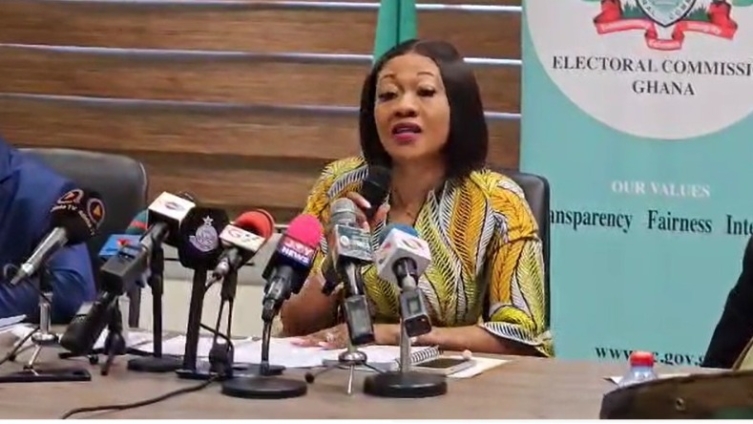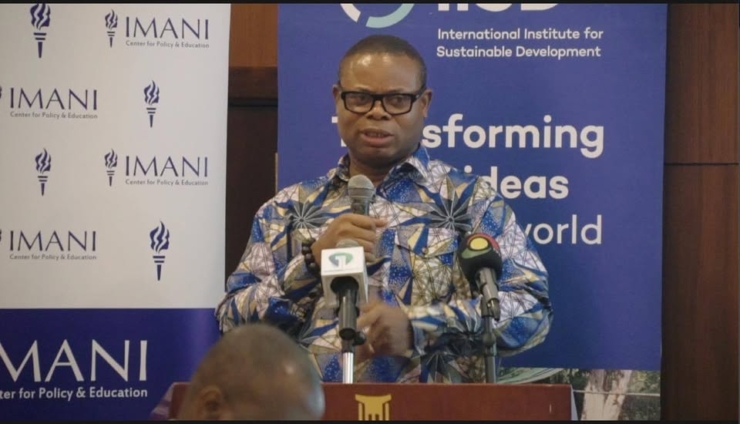Anambra Election Showdown: Low Turnout Feared Amidst Massive Security Deployment and Integrity Calls

As Anambra State prepares for its governorship election on Saturday, November 8, 2025, the Independent National Electoral Commission (INEC) and various stakeholders are making final preparations amid calls for electoral integrity and concerns over potential voter apathy. This election is poised to be a significant test for INEC under its new Chairman, Professor Joash Amupitan, SAN, and the reforms implemented.
INEC has concluded extensive preparations, including the distribution of sensitive and non-sensitive election materials. These materials have been moved to the 21 local government area headquarters and will be further transported to Registration Area Centres (RACs) and then to the 5,718 polling units across the state. To safeguard against counterfeiting, the Resident Electoral Commissioner (REC) for Anambra State, Dr. Queen Elizabeth Agwu, personally signed all Form EC8As and EC8Cs before their distribution. Professor Amupitan affirmed INEC's determination to deliver a credible, inclusive, transparent, and efficiently executed election, urging the 2,802,790 eligible voters to exercise their civic rights.
The commission reported an impressive 98.80% PVC collection rate, a significant increase after an extended collection period. This high rate signals potential for strong voter participation. Furthermore, INEC has partnered with TAFAfrica to deploy Sign Language Interpreters at polling units to assist the 3,456 registered voters living with disabilities (PWDs). All polling units are mandated to open simultaneously at 8:30 a.m., with the Bimodal Voter Accreditation System (BVAS) deployed for accurate accreditation and real-time result uploads to the IReV portal. Over 24,000 trained ad hoc personnel, 6,879 thoroughly tested BVAS devices, and more than 3,000 vehicles along with 83 boats are deployed to ensure timely movement and operations, especially in riverine communities. A Situation Room in Abuja will monitor field operations live, and four National Commissioners, supported by ten Resident Electoral Commissioners, are on the ground supervising the election.
Security measures have been significantly ramped up, with the Police Commissioner for the election, CP Abayomi Shogunle, confirming the deployment of approximately 55,000 security personnel, scaled up from an initial 45,000. This contingent includes officers from the Nigeria Police Force, Nigeria Security and Civil Defence Corps (NSCDC), Army, NDLEA, Immigration, Federal Road Safety Corps, and other sister agencies, with a plan to deploy at least three security personnel per polling unit. Security agencies have been urged to prioritize intelligence-led deployment in identified flashpoints such as Orumba North, Orumba South, Ihiala, Ogbaru, and Aguata, to deter violence and reassure voters. Strict protocols are to be enforced to prevent the infiltration of non-statutory security groups, and personnel are mandated to uphold neutrality and professionalism, refraining from political bias, intimidation, or harassment.
Civil society organizations, led by Yiaga Africa, are playing a crucial oversight role. Yiaga Africa, through its 'Watching the Vote' initiative and as part of a broader Election Observation Hub supported by the European Union (EU-SDGN), has deployed 687 observers across the state. This hub includes organizations like The Kukah Centre, International Press Centre (IPC), Centre for Media and Society (CEMESO), Nigeria Women Trust Fund (NWTF), ElectHER, and TAF Africa. They issued a Joint Pre-election Assessment Report with 66 recommendations covering political climate, security risks, media environment, and gender/disability inclusion. Yiaga Africa specifically called on INEC to guarantee full compliance with BVAS accreditation and timely IReV portal uploads, advocating for clear sanctions for non-compliance. They also pressed security agencies to ensure adequate security for early deployment and prevent infiltration by unconventional security outfits.
Despite these extensive preparations and assurances, concerns about low voter enthusiasm and turnout persist. Professor Jibrin Ibrahim, former Executive Director of the Centre for Democracy and Development (CDD), noted reports predicting low participation, linking this trend to waning public confidence in the electoral process. He highlighted Anambra's history of deteriorating voter turnouts, stating, “When voters believe their votes will not count, they become discouraged from participating.” Nonetheless, Professor Ibrahim, along with REC Agwu and Professor Amupitan, urged eligible voters to defy apathy and turn out en masse, assuring them of improved security and a free and fair environment. Professor Amupitan issued a strong warning against violence, vote-buying, intimidation, or ballot interference, promising swift legal consequences for offenders. Political party leaders, including Prince Moses Obi of the Young Progressives Party (YPP) and chieftains of the All Progressives Congress (APC), have commended the transparent distribution of materials and called on parties to fulfill their obligations under the Peace Accord. Candidates from major political parties, including APGA, PDP, APC, Labour Party, ADC, and AAC, are vying for the governorship seat.
INEC has also addressed specific security challenges, assuring registered voters in the six Registration Areas facing insecurity in Ihiala Local Government that they would vote safely and securely at the local government secretariat, protected by security agencies. This election is not just about choosing a governor but also about reinforcing citizens' trust in Nigeria’s electoral process and demonstrating the effectiveness of recent technological and logistical reforms.
You may also like...
Super Eagles Fury! Coach Eric Chelle Slammed Over Shocking $130K Salary Demand!
)
Super Eagles head coach Eric Chelle's demands for a $130,000 monthly salary and extensive benefits have ignited a major ...
Premier League Immortal! James Milner Shatters Appearance Record, Klopp Hails Legend!

Football icon James Milner has surpassed Gareth Barry's Premier League appearance record, making his 654th outing at age...
Starfleet Shockwave: Fans Missed Key Detail in 'Deep Space Nine' Icon's 'Starfleet Academy' Return!

Starfleet Academy's latest episode features the long-awaited return of Jake Sisko, honoring his legendary father, Captai...
Rhaenyra's Destiny: 'House of the Dragon' Hints at Shocking Game of Thrones Finale Twist!

The 'House of the Dragon' Season 3 teaser hints at a dark path for Rhaenyra, suggesting she may descend into madness. He...
Amidah Lateef Unveils Shocking Truth About Nigerian University Hostel Crisis!

Many university students are forced to live off-campus due to limited hostel spaces, facing daily commutes, financial bu...
African Development Soars: Eswatini Hails Ethiopia's Ambitious Mega Projects

The Kingdom of Eswatini has lauded Ethiopia's significant strides in large-scale development projects, particularly high...
West African Tensions Mount: Ghana Drags Togo to Arbitration Over Maritime Borders

Ghana has initiated international arbitration under UNCLOS to settle its long-standing maritime boundary dispute with To...
Indian AI Arena Ignites: Sarvam Unleashes Indus AI Chat App in Fierce Market Battle

Sarvam, an Indian AI startup, has launched its Indus chat app, powered by its 105-billion-parameter large language model...




